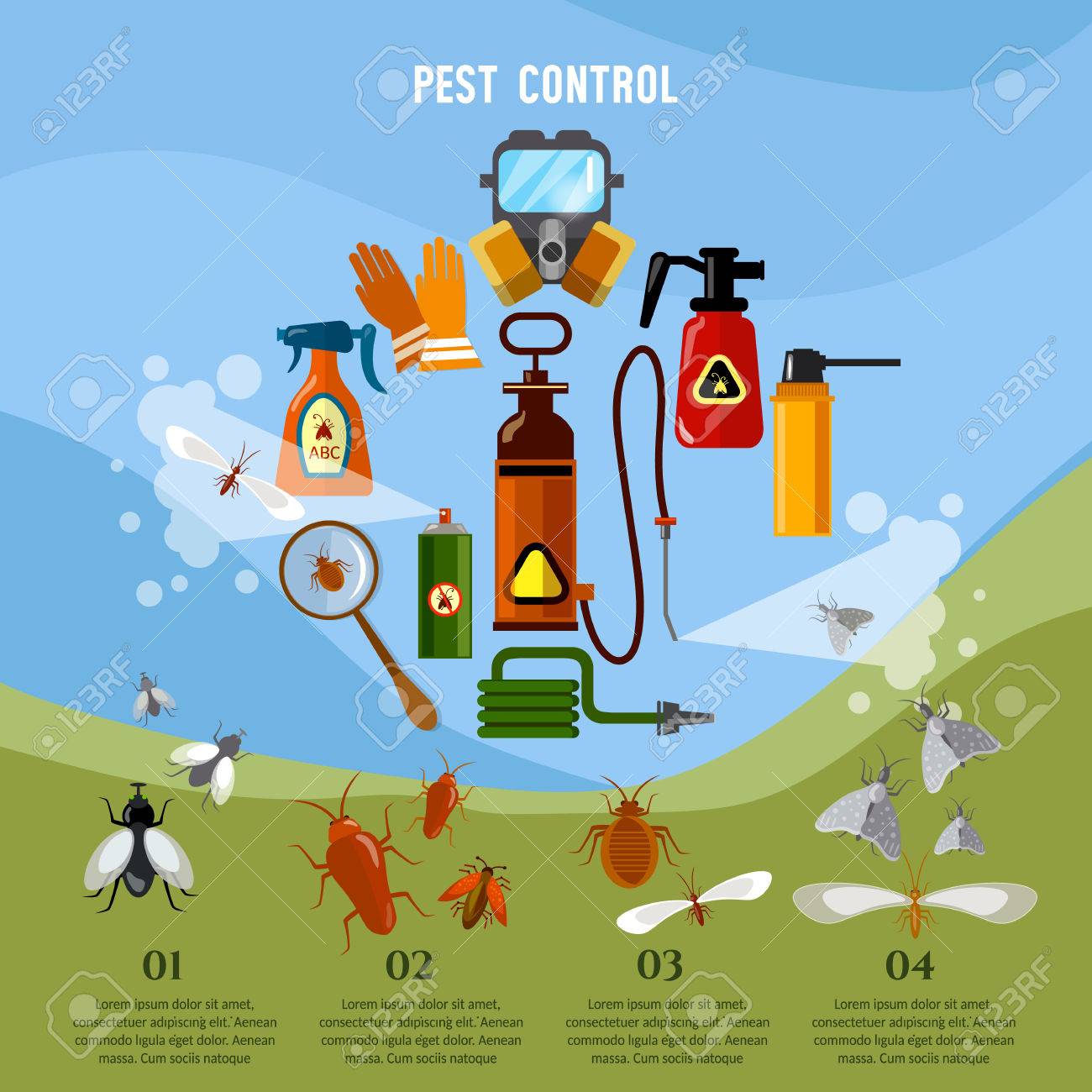Shielding Your Garden From Pests: Strategies For A Pest-Free Outdoor Space
Shielding Your Garden From Pests: Strategies For A Pest-Free Outdoor Space
Blog Article
Posted By-Frandsen Trujillo
Visualize your garden as a refuge, a place of serenity and charm. However, the visibility of outdoor insects can quickly disrupt this idyllic photo. Suppose there were simple yet reliable means to maintain these undesirable site visitors away and secure your garden oasis? By following a couple of practical tips and implementing all-natural techniques, you can develop a harmonious outside room where your plants can flourish uninterrupted.
Natural Parasite Deterrents
To keep insects far from your yard naturally, plant aromatic natural herbs like mint and lavender. These great smelling plants not just add appeal to your garden however likewise serve as effective bug deterrents. Bugs like insects, flies, and also some garden-damaging pests are fended off by the solid scents given off by these natural herbs. Merely placing them strategically around your yard can aid create an all-natural obstacle versus unwanted bugs.
Along with mint and lavender, take into consideration planting other natural herbs like rosemary, basil, and lemongrass to additionally enhance your garden's pest-proofing abilities. These natural herbs not only act as all-natural repellents yet additionally have the added benefit of working in food preparation or crafting homemade solutions.
Strategic Plant Positioning
Take into consideration the layout of your yard and the sorts of plants you need to tactically position them for optimum pest-proofing performance.
Begin by grouping plants with similar resistance to insects together. By doing this, you can develop a natural barrier that hinders parasites from spreading out throughout your garden.
Additionally, placing pest-repelling plants like marigolds, lavender, or mint near even more vulnerable plants can help protect them. Tall plants, such as sunflowers or corn, can work as a shield for shorter plants against insects like bunnies or ground-dwelling bugs.
Keep in rodent infestation cleanup cost to leave sufficient room in between plants to enhance air circulation and lower the risk of conditions that pests could carry.
In click here to find out more , think about planting strong-smelling herbs like rosemary or basil near at risk plants to perplex parasites' detects and make it harder for them to find their targets.
Efficient Insect Control Techniques
For combating yard parasites successfully, carrying out a multi-faceted insect control strategy is necessary. Start by motivating all-natural killers like birds, ladybugs, and praying mantises to help maintain pest populations in check. Presenting plants that draw in these helpful bugs can help in parasite control. Furthermore, exercising excellent yard health by eliminating particles and weeds where pests might conceal can make your garden less hospitable to undesirable site visitors.
Consider using physical barriers such as row cover materials or netting to shield vulnerable plants from parasites like caterpillars and birds. Using organic pesticides like neem oil or insecticidal soap can also be effective against certain bugs while being less unsafe to useful bugs and the environment. It's important to rotate your crops each season to avoid the buildup of bug populations that target particular plants.
Regularly inspect additional reading for signs of parasite damage so you can do something about it immediately. By integrating these techniques and remaining alert, you can effectively control garden parasites and delight in a flourishing, pest-free garden.
Final thought
So, there you have it - with the appropriate strategies, you can keep pesky exterior pests far from your garden and assist your plants grow.
Did you understand that growing mint has been revealed to repel insects and various other insects, reducing the demand for dangerous pesticides by approximately 60%?
By integrating natural deterrents and wise growing strategies, you can create a gorgeous and pest-resistant yard sanctuary for you to delight in.
